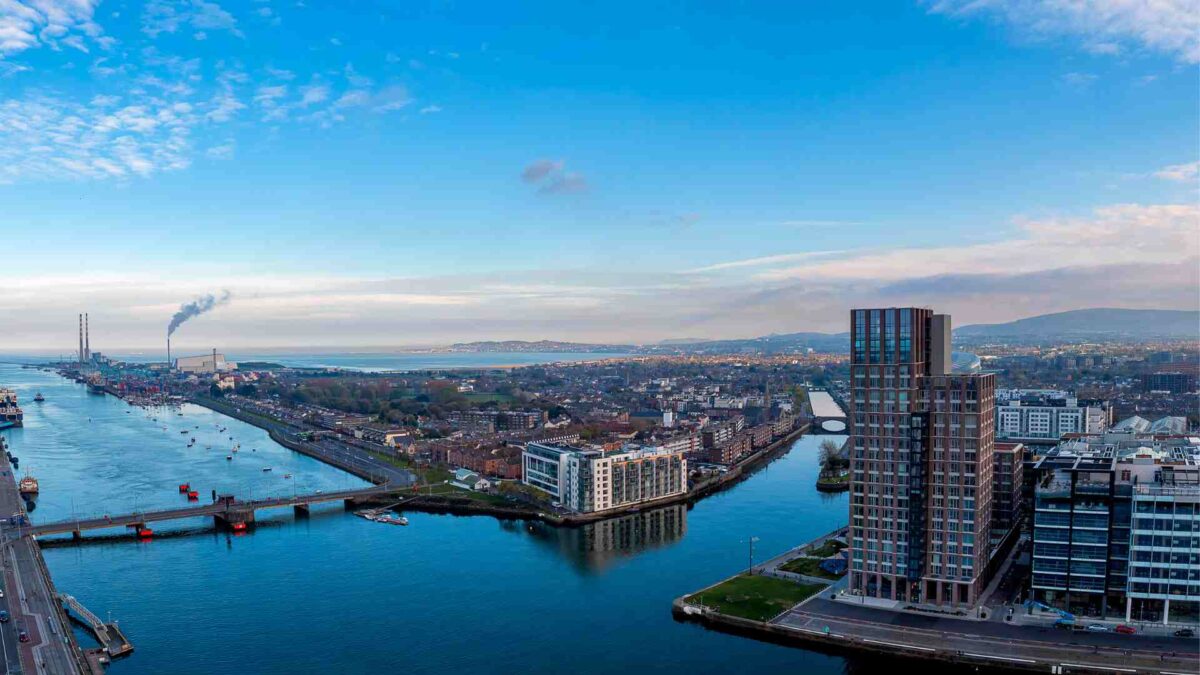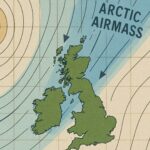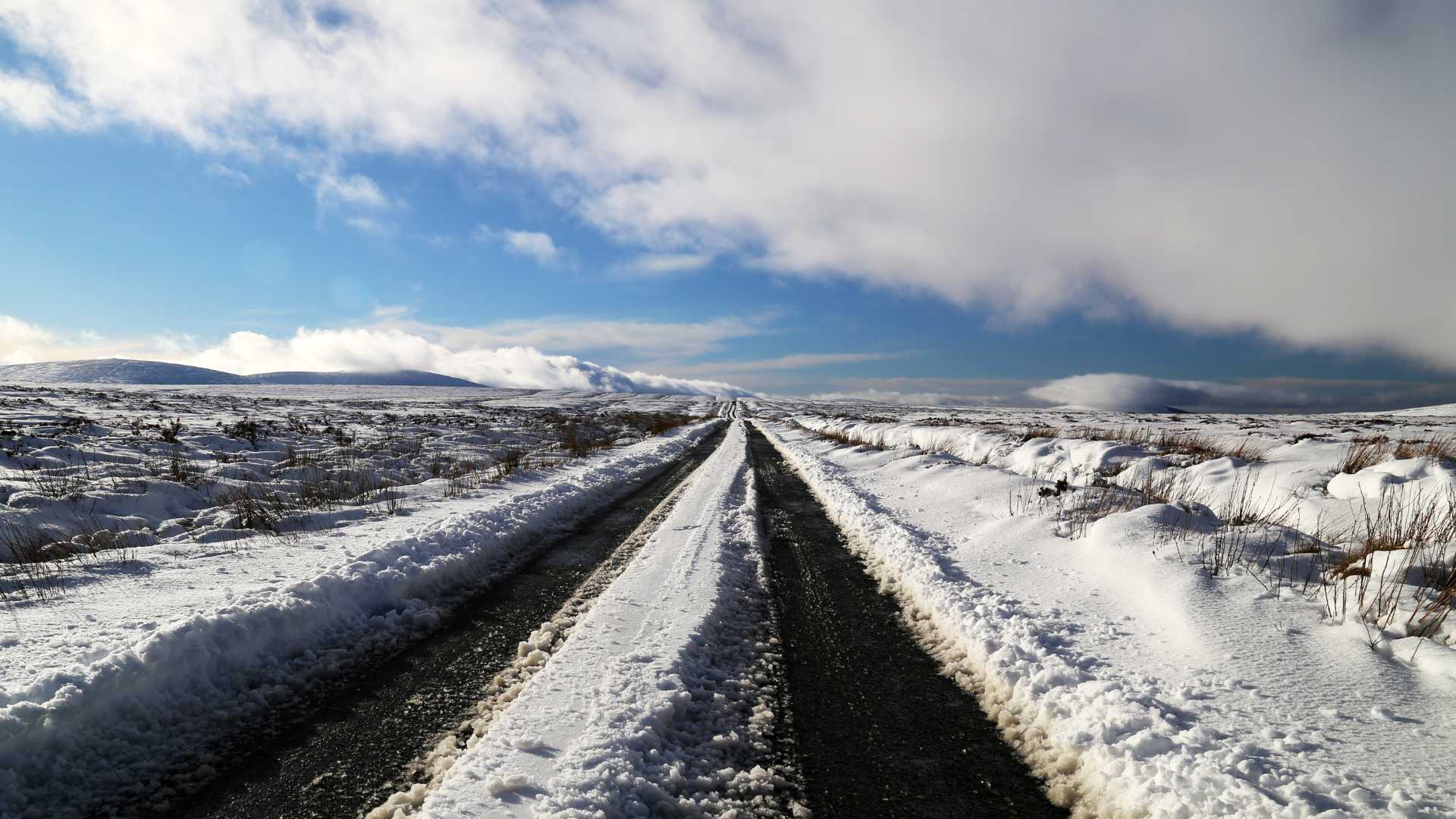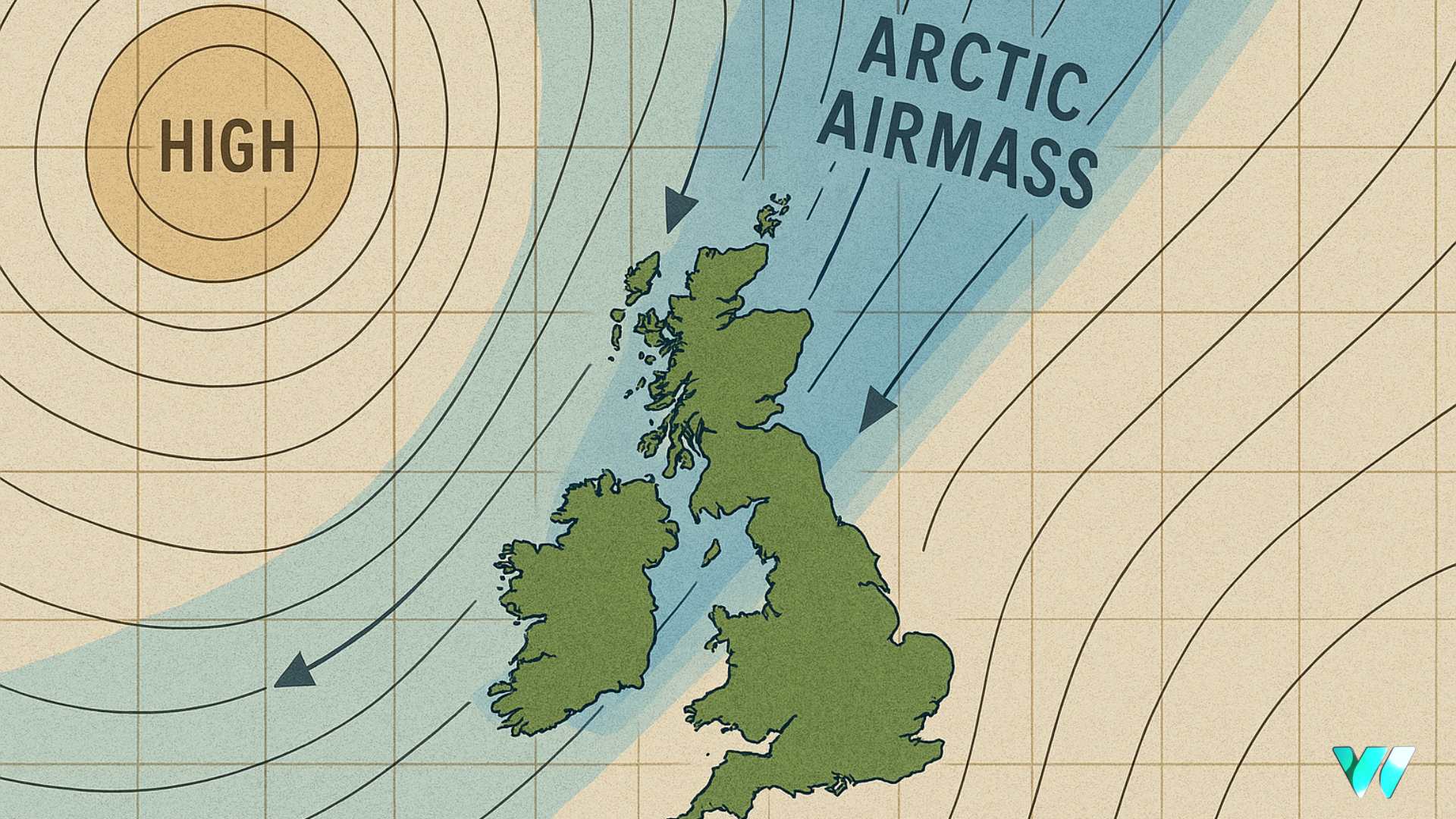
Irish Project to Map Coastal Risk Gets Funding Boost

A major new research project led by Professor Niamh Cahill of Maynooth University is set to shine a spotlight on how rising sea levels could impact coastal communities across Ireland in the years ahead.
Prof Cahill, who is based in the Department of Mathematics and Statistics and affiliated with the Hamilton Institute and ICARUS, has secured €519,880 in funding from the Environmental Protection Agency (EPA) for a new initiative titled PopEE – Estimating and Projecting Population Exposure to Extreme Sea Levels in Ireland.
The project will develop cutting-edge methods to assess how people and infrastructure along Ireland’s coastline could be affected by future extreme sea-level events – a growing threat linked to climate change.
Welcoming the support, Prof Cahill said: “This award is a significant boost for our research on the impacts of extreme sea levels in Ireland. It will support us in developing new methods to better understand how communities may be affected by coastal hazards, now and in the future.”
Ireland’s low-lying coastal towns and cities are increasingly at risk of flooding, coastal erosion, water salinisation, and habitat degradation as global sea levels rise. PopEE aims to fill a critical knowledge gap by helping Ireland prepare for and adapt to these changes.
The announcement comes as part of a broader €6.9 million research funding package from the EPA, which includes 11 projects across the country. This brings the EPA’s total research spend for 2025 so far to €21.4 million.
Dr Eimear Cotter of the EPA said the projects reflect the urgent need for scientific insight and innovation: “The increased scale of research funding being announced by the EPA in 2025 reflects the critical role that research and innovation play in addressing climate change, environmental pollution and biodiversity decline.”
PopEE’s findings are expected to support Irish policy and planning, and guide how the country prepares for the coastal impacts of our changing climate. The research is funded through the Government of Ireland via the Department of the Environment, Climate and Communications.
Share this WeathÉire story:






